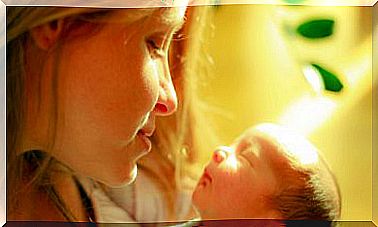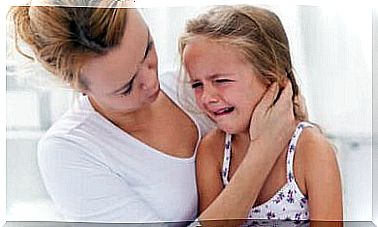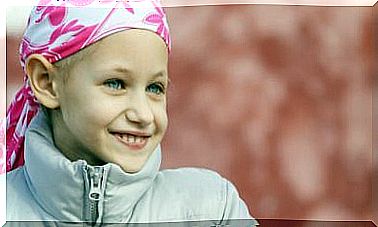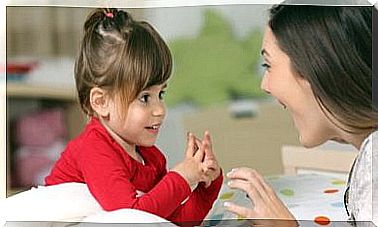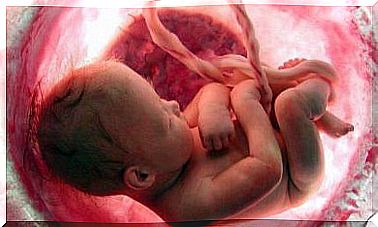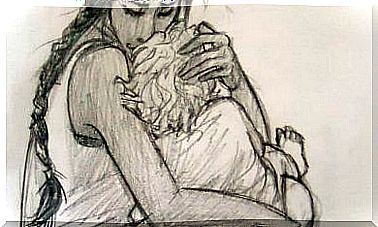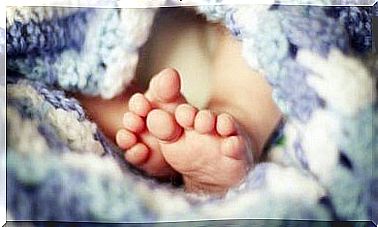When A Family Splits And The Effects It Has On Children
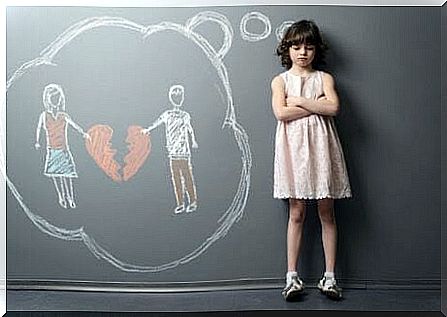
The fact that a family is divided is a major problem in today’s society. Despite this, it is a problem that we often tend to overlook. While families that are falling apart have existed since the beginning of time, it has become increasingly common in recent years.
But few are aware of the serious effects of it. When a family no longer holds together, it can have major consequences, especially for the smallest, most vulnerable members: the children.
It is true that there is a general perception in society about what happens when a family splits, but we lack deeper and more insightful knowledge on the subject.
When we talk about the dissolution of a family, we do not just mean divorce and separation. We also mean families living under the same roof, but where conflicts are constantly present to the extent that they no longer function as a family.
Many families lack common goals and are unable to provide each other with nourishment, care, love and upbringing.
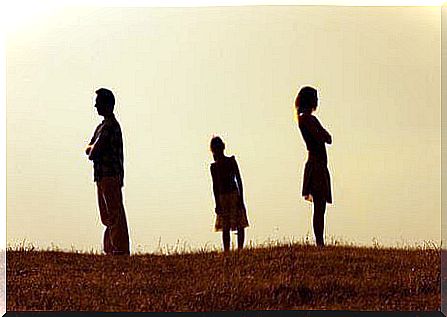
Different ways in which a family can be divided
In today’s society, a family unit can fall apart in several different ways. Here we have compiled some specific situations that may arise within the framework of a family.
- Separation on good terms with joint custody. When parents divorce on good terms and agree to share custody, the children usually do not suffer any serious consequences. This is because the split is the result of a decision that both parents agree with. The dynamics and logistics of the relationship between the parents will of course undergo radical changes. Things are not as they were before. Shared custody minimizes or can even prevent trauma altogether, as the child has exclusive attention from both parents.
- A complicated separation with disputes over custody. In many cases, parental separation or divorce is an unpleasant experience in these cases. This is especially true when things like lies, infidelity and custody disputes come into play. When this happens, the situation is more painful and harmful to the child than if the family splits up in other ways.
- Divorce after abuse and violence. These are the most serious circumstances with the most far-reaching consequences. Children already have emotional wounds from traumatic situations due to domestic violence. This violence may have been between the parents or directed at the child. Living with screams, insults, humiliation or physical violence affects children in a radical way. Therefore, these children need psychological help to get through the situation and be able to live a healthier life.
The cure is love
It is logical that, regardless of the underlying causes, children will suffer when a family stops working. Children who are in the middle of a separation experience insecurity and fear of permanently losing one of their parents. They fear that their family will never be able to heal their wounds again.
In most cases, this is a temporary feeling that can be cured with love and commitment from both parents. Often, children can move on in their lives without getting lasting harm to their mental health. This of course depends a lot on how well the parents handle the situation.
It is important that parents avoid insulting each other and attacking the other parent’s relationship with the child. Parents should never manipulate their children or force them to choose sides.
No matter how much damage your ex has caused you, you should never involve your children in that conflict. And under no circumstances should you ever use your child as a tool in the divorce process.
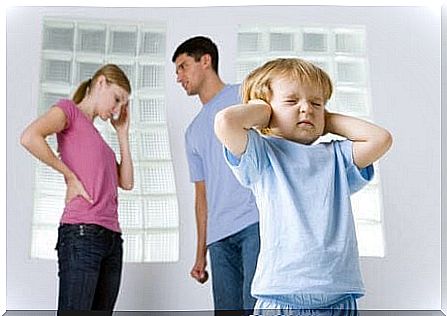
How does it affect children when a family splits?
Ideally, parents should put their children’s interests first and foremost. This means trying to minimize the effects of family dissolution on children as much as possible.
Children should be able to maintain a normal relationship with both parents if at all possible. Changes in children’s routines should also be kept to a minimum.
If this is not possible, family breakdown is likely to have irreversible and long-lasting effects on the child. These can include regressive behavior, sleep problems, decreased appetite, stress, anxiety and impaired school performance. In fact, the child may be inclined to repeat the same destructive behaviors that he or she has witnessed.
If these issues are not addressed in time, they can continue well into adolescence. This age leads to a whole new set of difficulties. The child may develop feelings of hatred towards the parents, especially towards the person whom he or she considers to bear the greatest blame for the separation.
When a family splits up, this is really a problem. Of course, things do not always go the way we want, or as we expected. But despite this, we must be aware that conflict-filled separations can affect a child’s development in a far-reaching way. Therefore, protecting our children should always be our first priority.
